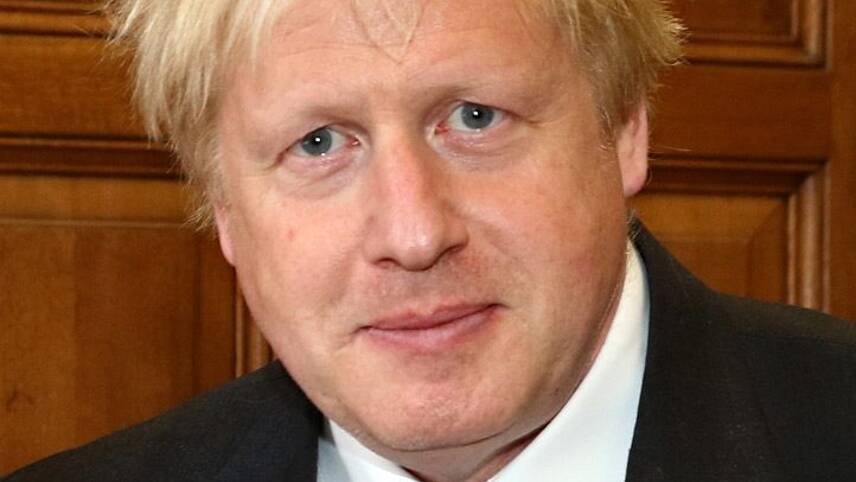Register for free and continue reading
Join our growing army of changemakers and get unlimited access to our premium content

(Image: Wikipedia/Foreign and Commonwealth Office)
Johnson, who is at the UN General Assembly today (23 September), will announce the new £1bn Ayrton Fund – named after leading British scientist and suffragette Hertha Ayrton – to provide a plethora of climate mitigation methods for developing nations.
“I have always been deeply optimistic about the potential of technology to make the world a better place,” Johnson will say. “If we get this right, future generations will look back on climate change as a problem that we solved by determined global action and the prowess of technology.
“This innovative use of aid money benefits all of us and shows how we can use our aid budget to tackle climate change. The Ayrton Fund will back scientists and our world-leading tech industry – reducing emissions in the poorest countries with the help of our home-grown talent.”
Having decoupled emissions from economic growth faster than any other G20 nation, the UK has revealed plans to double the amount of foreign aid spent on climate-related projects over the next five years.
However, over the last seven years, the UK has spent 60% of its overseas support for energy investment in developing countries on fossil fuels, with more than £4.6bn spent on climate-wrecking projects.
The research found that 39% – around £3bn – of the UK’s overseas energy support was classed as Official Development Assistance (ODA) or general aid, targeted at people living in poverty. However, £678m of this sum was spent on polluting fossil fuels; research suggests that those living in poverty will be the hardest hit by climate change.
The UK Government has already outlined technologies that the Ayrton Fund will target. Specifically, the fund will aim to unlock measures to provide affordable electricity access to the one billion people across the globe who are currently off the grid, enhance large-scale battery technology, provide clean cooking stoves for the 2.7 billion people that rely on unhealthy firewood, design low-emission vehicles, improve cooling technology and work with industries like iron and steel, petrochemicals and cement to reduce their carbon output.
Business and Energy Secretary Andrea Leadsom said: “The UK is leading the world in tackling climate change – cutting emissions further than any other G20 country, becoming the first major economy to legislate to end our contribution to global warming and being nominated to host crucial UN climate talks next year.
“Having successfully decarbonised while growing our economy, we’re proud to work with the poorest countries, who suffer most from the impacts of climate change, to develop and deploy wind, solar and battery technology to help drive the clean energy transition.”
The announcement was accompanied by the revelation that a package of investment would be introduced to combat deforestation. The package includes a £100m investment in the new Biodiverse Landscapes Fund to reverse biodiversity loss, a £30m extension from DFID to the Forest Governance Markets and Climate Programme and a £9.6m investment towards DFID’s Just Rural Transition initiative, which is addressing the challenge of feeding nine billion people by 2030.
Climate Investment Platform
The fund was launched on the same day that a new platform was launched to increase capital available to be invested in developing countries to help meet climate ambitions.
The Climate Investment Platform (CIP) is calling on all stakeholders from governments and international organisations to the private sector to unlock capital to scale-up climate action.
The Platform is supported by Green Climate Fund, IRENA, Sustainable Energy for All (SEforALL) and the UN Development Programme (UNDP) and will accelerate climate investment in developing countries.
The platform’s first area of focus is energy, which accounts for two-thirds of total emissions. Other areas, such as adaptation, land use, cities and infrastructure, will be launched in the first quarter of 2020. Progress will be presented at UNFCCC COP 25 in December 2019.
“Renewable energy is the most effective and ready solution to rising carbon emissions. Together with energy efficiency, they can deliver 90 per cent of the emission reductions needed under the Paris Agreement, but investment and deployment must increase significantly,” IRENA’s director-general Francesco La Camera said.
“This partnership combines the strengths of the respective organisations to deliver tailored, proactive policy and investment support to set the energy transformation on a climate-safe path.”
Matt Mace


Please login or Register to leave a comment.